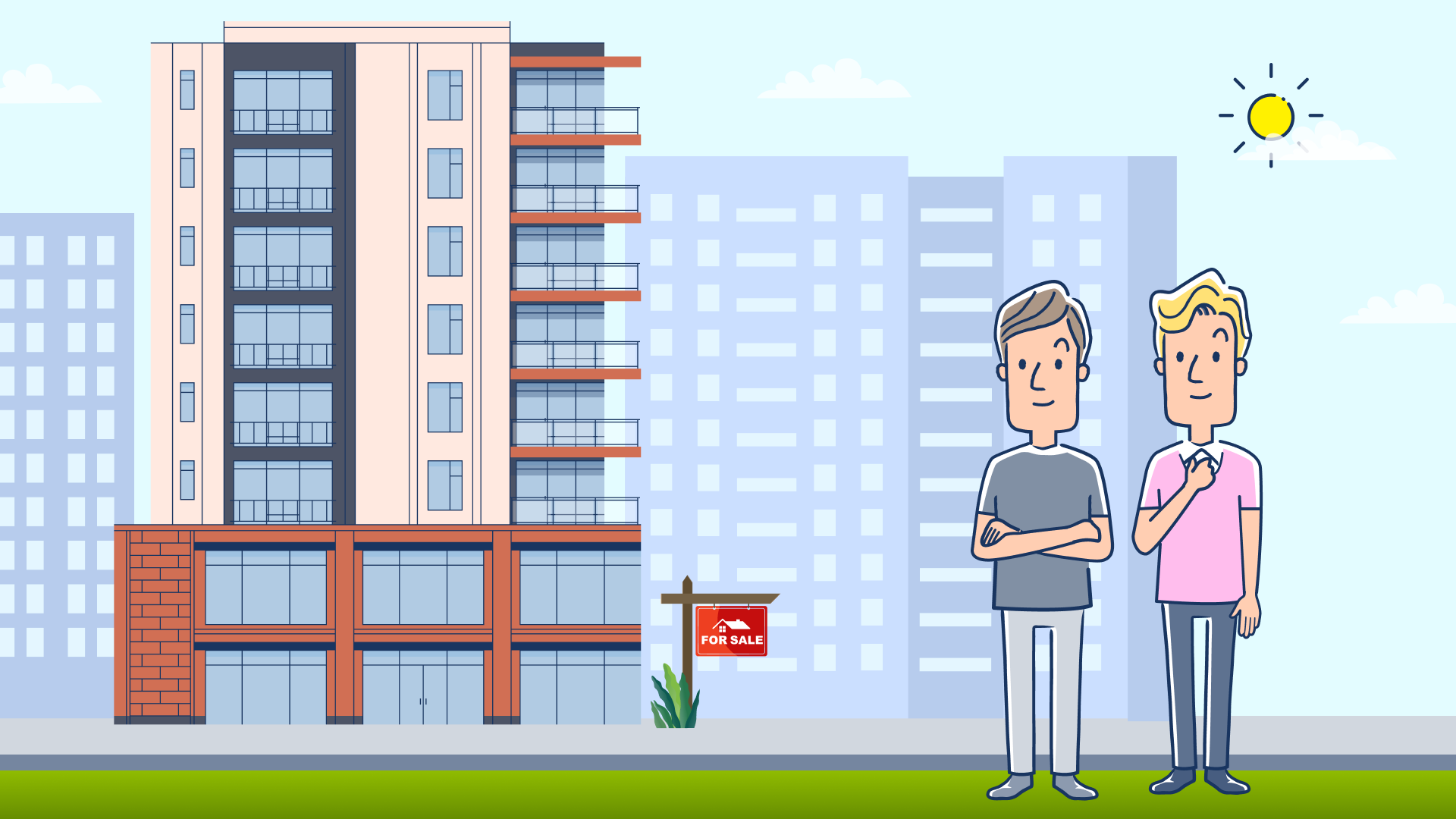Time to read : 5 Minutes
Buying a home is so exciting that it’s often hard to see past the biggest price tag in your whole home buying journey – which is of course the purchase price of your new place.
While you’re toasting your new toehold in the property market, don’t forget about all those other ‘little’ costs – because these little costs can add up big time.
The last thing you need is to be hit with fees, charges, and costs you weren’t expecting. No one wants a last-minute heart-pumping scramble amid frantic phone calls to relatives on the day of settlement to find enough random dollars to cover the ‘small’ costs. And ‘small’ is a relative term here.
I’ve seen this happen. I'm not joking, and it’s never pretty.
So, what other costs should you plan for when you’re buying a place?
Here are 10 costs you may need to factor in.
1. Stamp Duty
Stamp duty is a significant expense and varies depending on your property’s price and location, because it’s a state-based charge. As a first-home buyer, you might be entitled to discounts or exemptions, but do your research thoroughly because eligibility for savings vary by state, and the criteria can change.
Cost: stamp duty costs vary by state and are calculated as a percentage of your purchase price, with a few state-based fees added in, so it’s best to use a stamp duty calculator because this charge is often the second largest after your purchase price.
Try this stamp duty calculator for a guide.
2. Legal Fees
Your legal fees can add up too. Expect to spend around $2,000 on a property solicitor or conveyancer. Your legal eagle handles any necessary property searches.
If there’s anything wrong with your property’s zoning or boundaries, or any sneaky sales contract clauses, this is the person who’ll find it out. This is not a step worth skipping.
Cost: $2,000.
3. Disbursements
You'll need to reimburse your vendor for any prepaid water charges, council rates, and/or strata levies and body corporate fees. Most of these charges are paid quarterly or annually, so your vendor will need to be reimbursed for any payments covering any period after you take over ownership of the home.
Cost: $200-$3,000.
4. Building and Pest Inspection
A building and pest inspection can reveal structural issues and other potential problems, helping you negotiate a better price or decide if the property is worth buying at all.
Be aware: while apartments may be raised off the ground, this doesn’t protect the building from concrete cancer or old plumbing.
Spend: up to $500.
5. Building Insurance
Most lenders require a certificate of currency from your insurer before finalising your mortgage. If you’re buying an apartment, the body corporate or strata managers will have a copy of the one that covers the entire complex. You’ll still need to get your own contents cover.
Spend: around $112 per month for a $500,000 property.
6. Contents Insurance
Separate from building insurance, contents insurance covers your personal belongings (such as furniture) against damage or theft.
It also covers features and fittings including:
blinds
flyscreens
carpets
any built-in features (eg cupboards, dishwasher, etc).
If any of these are inclusions in your Contract of Sale, you’ll need them covered and proof of cover sent to your lender before they can settle your loan.
Spend: Around $23 per month.
7. Government Fees
This includes your mortgage registration fee, which covers the government’s cost to register your property as security for your loan.
Spend: $120-$190.
8. Lender Fees
Your lender may charge various fees, such as application fees, loan settlement fees, and lender’s legal fees. Always ask your lender about their fees upfront. These should also be specified in your loan contract.
Spend: $0-$1,500.
9. Property Valuation
Your lender will need a property valuation to ensure your home’s value covers your loan. Some lenders cover this for you.
Spend: around $250 (if you're paying this yourself).
10. Lenders Mortgage Insurance (LMI)
If your deposit is less than 20% of your home’s value, you’ll need LMI.
This type of insurance protects your lender if you can’t make your repayments. It does not protect you.
LMI can be a significant cost but helps you secure a loan with a smaller deposit. It’s possible to have LMI bundled into your loan amount.
Be aware: of the difference this can make to your Loan-to-Value Ratio (LVR), your interest rate, and overall loan amount.
Spend: varies, but can be upwards of $10,000.
Top tip: a good rule of thumb is to budget around 10% of your buy price for additional costs such as the ones we’ve discussed. This is because several of these charges – such as stamp duty – vary with the price tag for your home.
A good mortgage broker should be able to guide you through most of the ‘other’ costs. If you would like to talk to a home loan expert, get in touch with us.
Bottom line
Buying a home is thrilling, but beyond the big purchase price are many ‘little’ costs that can quickly add up. It’s better to budget for them in advance.
These additional fees and charges can turn your excitement into stress if you're not prepared.
By being aware of these hidden costs, you can better prepare for your home purchase and avoid any unpleasant surprises. Happy house hunting!
Go deeper:
Financial disclaimer
The information contained on this web page is of general nature only and has been prepared without taking into consideration your objectives, needs and financial situation. You should check with a financial professional before making any decisions. Any opinions expressed within an article are those of the author and do not specifically reflect the views of Compare Club Australia Pty Ltd.
